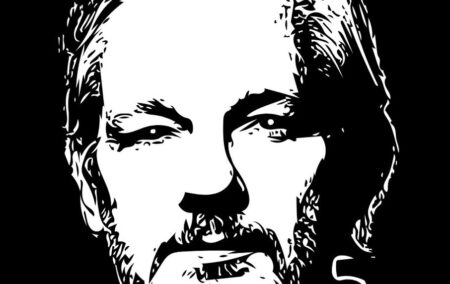Julian Assange pleaded guilty yesterday in his U.S. espionage case.
The WikiLeaks founder is free after spending more than a decade holed up and imprisoned in London, largely to avoid being sent to the U.S.
Assange pled guilty to a felony charge of conspiring to obtain and distribute classified information, over the website’s publication of thousands of confidential U.S. military records and diplomatic cables about America’s actions in Iraq and Afghanistan in the 2000s.
The plea took place in Saipan, the U.S. territory in the western Pacific. Assange had been sentenced to the 62 months he has already spent in a London prison, and has now been returned to his native Australia after serving his sentence.
The Wall Street Journal reported in March that the one sticking point was Assange’s desire to never set foot in the U.S. To enter a felony plea, defendants generally have to appear in court in person.
A compromise was reached under which Assange wouldn’t have to travel to Virginia, where the original case is filed, and prosecutors could still get a felony plea.
The plea deal is a solution to what was becoming an increasing political headache for the U.S. government.
Details of the history of the matter are to be found here.


